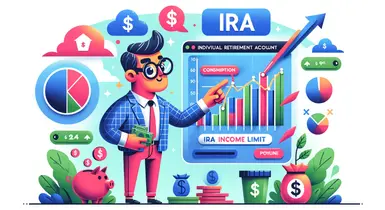What is One World, One Currency?
Contents
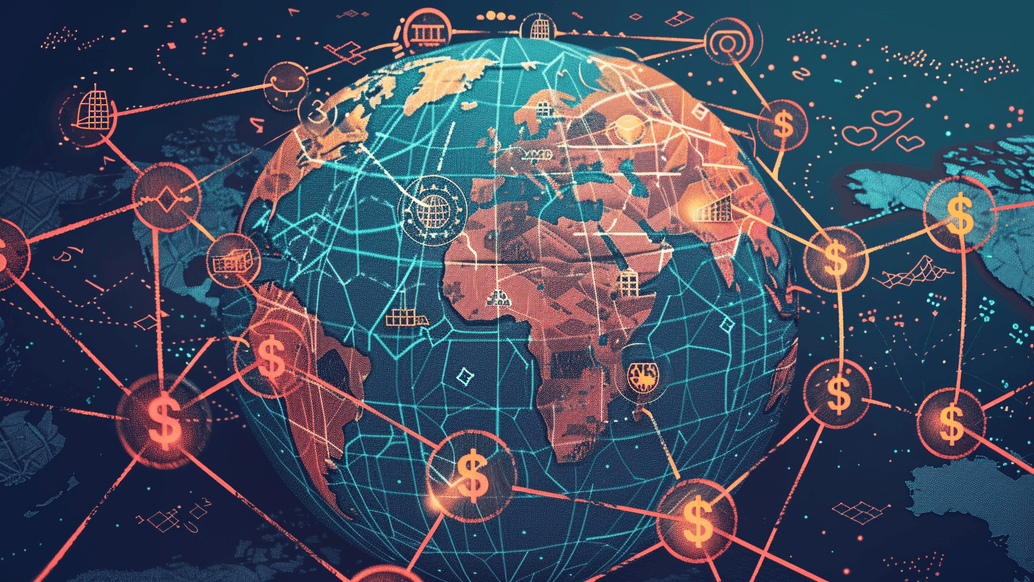
Imagine a world where every country, nation, and economy share a single currency—no more exchange rates, conversions, and fluctuating values when traveling or trading across borders. This intriguing idea has fascinated economists, policymakers, and global thinkers for decades. What form it might take? Is it possible in today’s global economy? Will one world digital currency ever manifest in reality?
In this article, you will learn about some potential benefits of having just one world currency, the possible disadvantages of such a system, and what reserve currencies are currently used by financial institutions worldwide.
What Are Some Potential Benefits of One World Money?
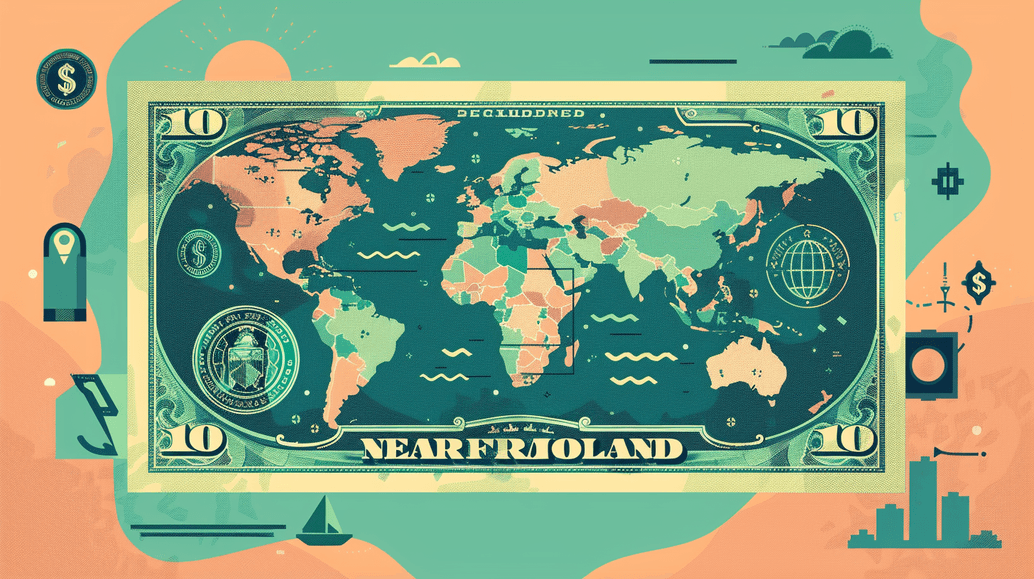
While it is difficult to tell what it will be like to live in a world that adopted a universal currency, it’s still possible to make some educated guesses. In theory, this shift could simplify many financial aspects of our lives.
No conversion fees
One of the most significant advantages of a global currency is the free movement of assets worldwide. Currently, exchange fees charged by banks are an inevitable part of international transactions. Depending on the sums involved, the fees can lead to significant losses, which is especially relevant for businesses that trade internationally.
At the same time, individuals will also benefit from the drop in conversion rates. For instance, with one currency used globally, you can travel to a different country without worrying about money exchanges. The eurozone, a currency union of the EU’s 20 member states that use the euro (€), is an excellent example of how this model might work.
Risk elimination
Modern international trade comes with numerous risks that traders try to minimize in different ways. The issues in question can include anything from political instability to regulatory changes and exchange rate fluctuations. If we imagine that all countries use a single currency, such problems will be less prominent. For instance, there has been a significant reduction in transaction costs when the majority of European countries started using the euro.
Higher stability of the currency
Switching to one currency can be particularly beneficial to developing countries. The lack of stability and the high risk of hyperinflation are among the main problems faced by such economies. Thanks to a global currency, a country will be less prone to excessive inflation and could focus on strategic economic development.
There have been plenty of instances of countries replacing their local currency with the US dollar to achieve a higher level of stability. This happened in the Pacific, the Caribbean, and some countries in Latin America.
More opportunities for fair trading
Having different currencies acts as a barrier to fair and effective trading, as there are plenty of limitations and problems that inevitably grant unfair advantages to certain parties. Pricing manipulations are unavoidable when dealing with different currencies.
One of the common examples of such manipulations is China undervaluing its currency and thus lowering prices for its goods. Obviously, if all countries rely on the same currency for financial transactions, this will no longer be a problem.
What Are Some Challenges of Implementing a Global Currency?
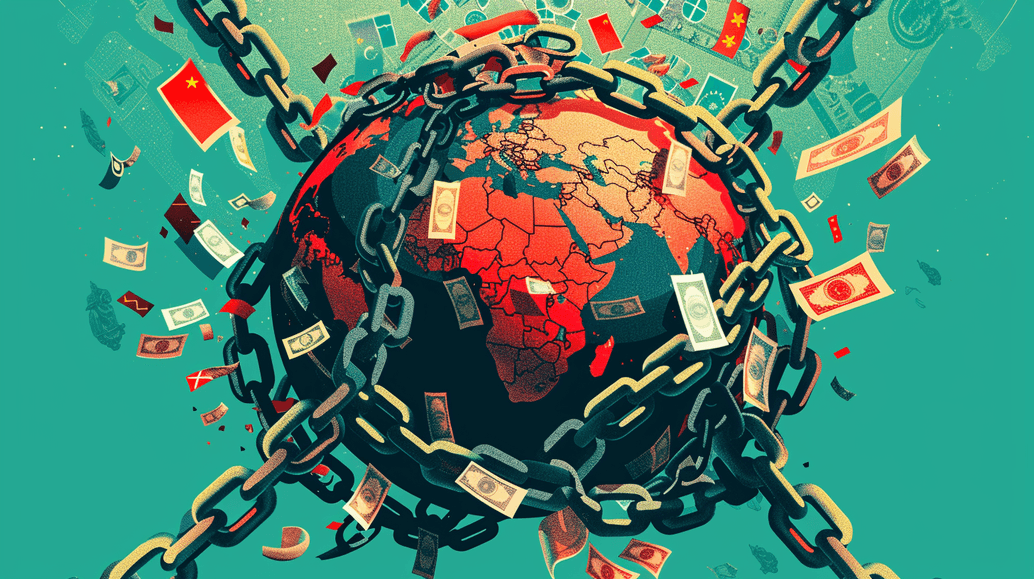
We have discussed the potential advantages of a unified international currency, but there are also several issues this system can create.
All countries will be affected differently
It is no secret that countries differ significantly in economic terms, with some being far more industrialized and wealthy than others. As we mentioned in the advantages section, having a global currency will have a positive impact on developing countries. But what about developed nations? The likely scenario is that high-income countries will have to help out developing ones to prevent them from financial collapse. And let’s not forget that during the establishment of this system, every powerful state will likely declare that its currency is the one the world should adopt. This is the main reason the system is unlikely to be implemented in the foreseeable future.
More centralization than can be handled fairly
Having a single currency means that the world’s financial system will become centralized to the highest degree. Someone or something will have to control the economic processes, like an elected committee or a similar institution. The concern is that a single group of policymakers having that much control over the global economy creates a potential for power abuse and corruption on a scale simply impossible today.
Problems with regulating the supply of money
Another issue that will arise is how money should be printed and supplied. There will need to be a central transnational establishment to regulate the entire process, similar to how the European Central Bank works for the euro. This theoretical financial institution will need to process an impossible volume of data and make reports to show that there is no bias against any particular country. This can get incredibly complicated on such a large scale and can require significant resources.
What Are the Other Reserve Currencies?
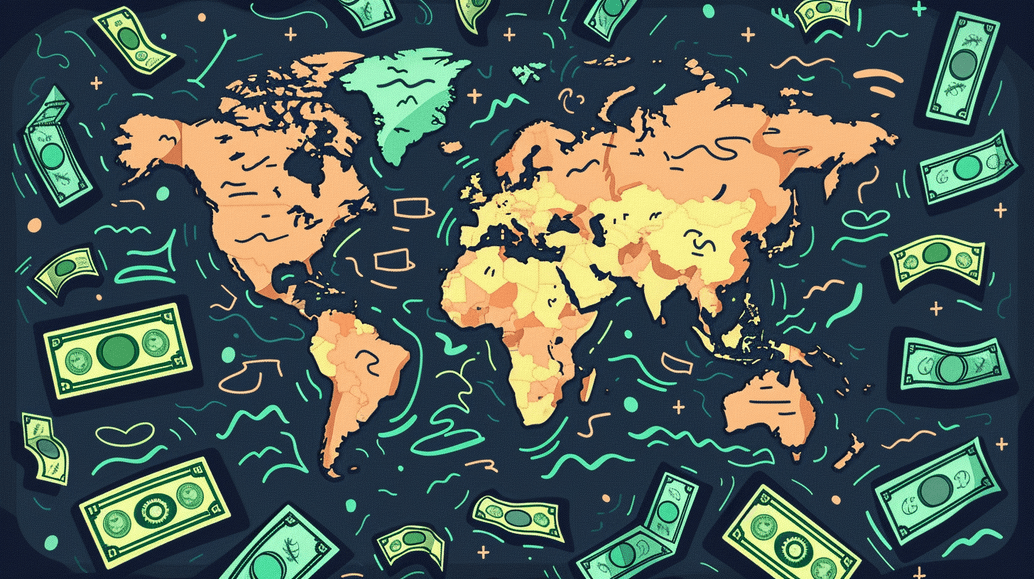
Even though we are far from using a single currency, some currencies are held by central banks and other financial institutions in higher quantities compared to others. These are referred to as reserve currencies, and they are held by countries for numerous reasons, from paying for imports to minimizing economic shocks and servicing debts.
The US dollar is the most widely used reserve currency in the world, particularly in North and South America. At the same time, if you wonder, “What is the highest currency in the world?”, it’s the Kuwait dinar, which costs $3.28 per dinar as of September 2024.
The two other notable reserve currencies are the Japanese yen and the EU euro. The euro continues to be the number one currency in Europe, while countries in Asia have their economies significantly tied to the use of the yen.
Despite the Chinese yuan becoming more important on a global scale, it is not a significant reserve currency at the moment. One of the biggest reasons is the restriction on its outflow from the country. Unless this changes, the Chinese yuan won’t be used to the same degree as the dollar.
Final Thought
The implementation of a single-world money system continues to be discussed on a global scale, but with the current state of affairs, it seems that this won’t be a positive shift. The majority of economists agree that having different currencies is a better approach for a world as it is today.
If we take Europe and its prevalent use of the euro, it improved trading and made pricing more transparent, so there are some clear benefits. It is difficult to say whether the same will work on a global scale or whether it will cause more problems. For this reason, the idea of a single currency will likely stay in theory for at least several decades in the future.


